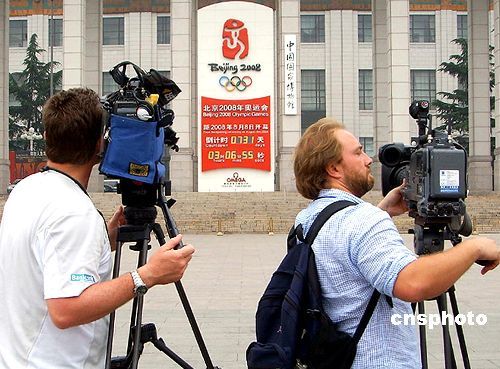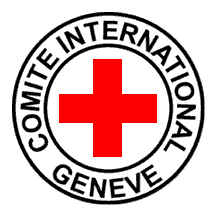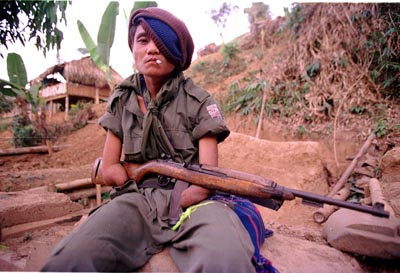 The Australian Government finally issued its Human Rights Framework today after considering a consultation committee report for over six months and ending a process that started in December 2008. The Government is calling it a “framework” because it has gone against the recommendation of the national human rights consultation panel to introduce a new human rights act. McClelland said a human rights framework (pdf version) is more appropriate than legislation. "The Government believes that the enhancement of human rights should be done in a way that as far as possible unites rather than divides our community, and the framework is designed to achieve that outcome," he said.
The Australian Government finally issued its Human Rights Framework today after considering a consultation committee report for over six months and ending a process that started in December 2008. The Government is calling it a “framework” because it has gone against the recommendation of the national human rights consultation panel to introduce a new human rights act. McClelland said a human rights framework (pdf version) is more appropriate than legislation. "The Government believes that the enhancement of human rights should be done in a way that as far as possible unites rather than divides our community, and the framework is designed to achieve that outcome," he said.The head of the consultation panel, Jesuit priest and law professor Frank Brennan, was disappointed with the decision. He said he doubted if politicians will be sufficient faithful to framework obligations without judicial oversight. The Australian Human Rights Commission also criticised the Government’s response saying while it includes important steps to improve the understanding of human rights in Australia, it had missed the opportunity to create an adequate national system of protection. “The Government has missed the opportunity to provide comprehensive human rights protection for everyone in Australia through adopting a national Human Rights Act,” President of the Australian Human Rights Commission Cathy Branson said. Branson urged the Government to revisit the question of the Act as part of its 2014 review of the Framework.
According to The Australian, the reason McClelland refused to include a Human Rights Act was because of a rebellion within his own party. It said this was one of two contentious issues (introducing rules for judges that would have required them to interpret legislation in a way they believe is in accordance with human rights was the other) but did not reveal who in the party room was against these measures or why they opposed them.
Opposition spokesperson for legal affairs George Brandis called it a “humiliation” for McClelland. He said the Rudd Government wasted more than $2 million in promoting an idea which never had community support and only appealed to “a self-regarding elite of legal academics and activist judges.” Brandis said The Opposition has always opposed the bill of rights as “a dangerous and foolish idea”, which would have diminished parliament’s authority of Parliament and politicised the judiciary. “It would have been a Trojan horse to impose a left-wing social agenda on Australians without democratic legitimacy,” Brandis claimed.
According to McClelland’s media release the framework is based on five key principles. These are: a commitment to human rights obligations; the importance of human rights education; enhancing domestic and international engagement on human rights issues; improving human rights protections, including greater parliamentary scrutiny; and achieving greater respect for human rights principles within the community. McClelland said the Government would spend $12m on education initiatives and would establish a new Parliamentary Joint Committee on Human Rights to scrutinise legislation for compliance with international human rights obligations.
In the blogosphere, reaction to the announcement was mostly scathing. Classical Liberal Andrew Norton agreed with the decision not to include a charter but said it would have focussed attention on which freedoms deserved to achieve semi-constitutional status and which were matters of ordinary political debate. Instead, he said, human rights would become subject to undemocratic treaties. Guy Beres said McClelland’s assertion an Act would be divisive is risible given how divisive the lack of one is. Kim at Larvatus Prodeo agrees with Beres and said the Act had been squibbed by the ALP’s “authoritarian streak, which seems particularly prominent in New South Wales.”
In the end this was political compromise of an ugly kind. While most Labor MPs were philosophically in favour of such an Act (especially knowing how its lack contributed to some of the worst excesses of the Howard administration), no one in Rudd's kitchen cabinet was prepared to die in the trenches of marginal seats for it in an election year. In the end, it has been replaced by feel-good phrases, a rubber-stamp committee and an education campaign that has “failure” written all over it. Taxpayers can consider themselves lucky that just $12m will be wasted on it. We will have to wait until the 2014 review of a likely third-term Labor Government before something better is offered.























